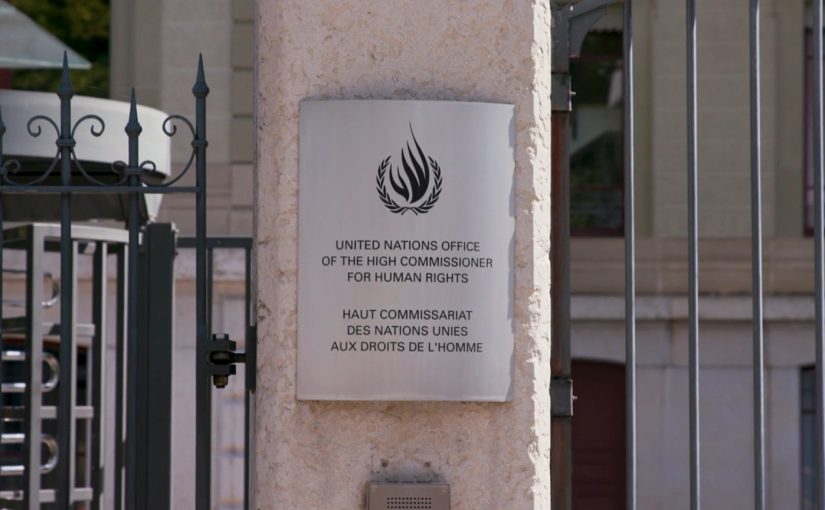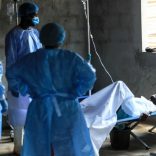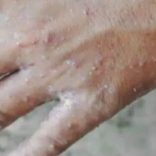Mozambique: UN warns of challenges in combating human trafficking in north
Mozambique: Pivotal moment to strengthen torture safeguards, UN body says

File photo: UN Audiovisual Library
The UN Subcommittee on Prevention of Torture (SPT) has called on Mozambique to step up efforts to prevent torture and ill-treatment, after finding that little progress has been made since its last visit nearly a decade ago.
Concluding its second mission to the country, the SPT noted that the State Party has yet to strengthen the mandate and effectiveness of the National Human Rights Commission (Comissão Nacional dos Direitos Humanos), which serves as the nation’s official National Preventive Mechanism (NPM) against torture, tasked with regular visits to detention facilities to prevent torture and other forms of ill-treatment.
During the recent visit, the delegation assessed how far the State Party has advanced since its last visit in 2016 in implementing its obligations under the Optional Protocol to the Convention against Torture (OPCAT), ratified by Mozambique in 2013, and examined conditions in police and prison facilities where people are deprived of their liberty.
Despite the slow progress, the SPT highlighted that the current constitutional reform process provides an important chance to reinforce the NPM’s legal basis and move the country closer to full compliance with international human rights standards.
“While we regret that recommendations made following our first visit remain unimplemented, we believe that Mozambique now stands at a pivotal moment to act,” said Chris Nissen, head of the SPT delegation. “The ongoing constitutional reform process presents a real opportunity to enshrine the National Preventive Mechanism in law, in full compliance with OPCAT, especially regarding its independence, resourcing and capacity to fully carry out its preventive mandate. Doing so would mark a significant milestone in the country’s commitment to preventing torture and ill-treatment.”
“We also urge the Government to fully implement our recommendations to improve conditions of detention and strengthen anti-torture measures in practice. The SPT remains ready to assist Mozambique in achieving these objectives,” he added.
While in Mozambique, the delegation visited a wide range of police stations and prison facilities across the country, some of these together with the NPM.
The delegation emphasized that sustained institutional reform is now essential to translate commitments into concrete action toward the effective prevention of torture and other cruel, inhuman or degrading treatment or punishment. Strengthening an effective NPM is urgently needed to ensure sustained oversight and the protection of the rights of people deprived of liberty.
The SPT will submit a confidential report to the Government of Mozambique containing its observations and recommendations. The Subcommittee encourages the authorities to make the report public and to engage constructively with the SPT on the implementation of its recommendations.
The SPT delegation was composed of Christoffel Nissen (South Africa), Head of Delegation; Uju Agomoh (Nigeria); Paul Lam Shang Leen (Mauritius); and Julia Kozma (Austria), together with two Human Rights Officers from the SPT Secretariat.
Background:
The Subcommittee on Prevention of Torture monitors States Parties’ adherence to the Optional Protocol to the Convention against Torture, which to date has been ratified by 95 countries. The Subcommittee is made up of 25 members who are independent human rights experts drawn from around the world, who serve in their personal capacity and not as representatives of States Parties.
The Subcommittee has the mandate to visit States that have ratified the Optional Protocol to the Convention against Torture, during the course of which it may visit any place where people may be deprived of their liberty and assist those States in preventing torture and ill-treatment. The Subcommittee communicates its observations and recommendations to States through confidential reports, which it encourages countries to make public.












Leave a Reply
Be the First to Comment!
You must be logged in to post a comment.
You must be logged in to post a comment.